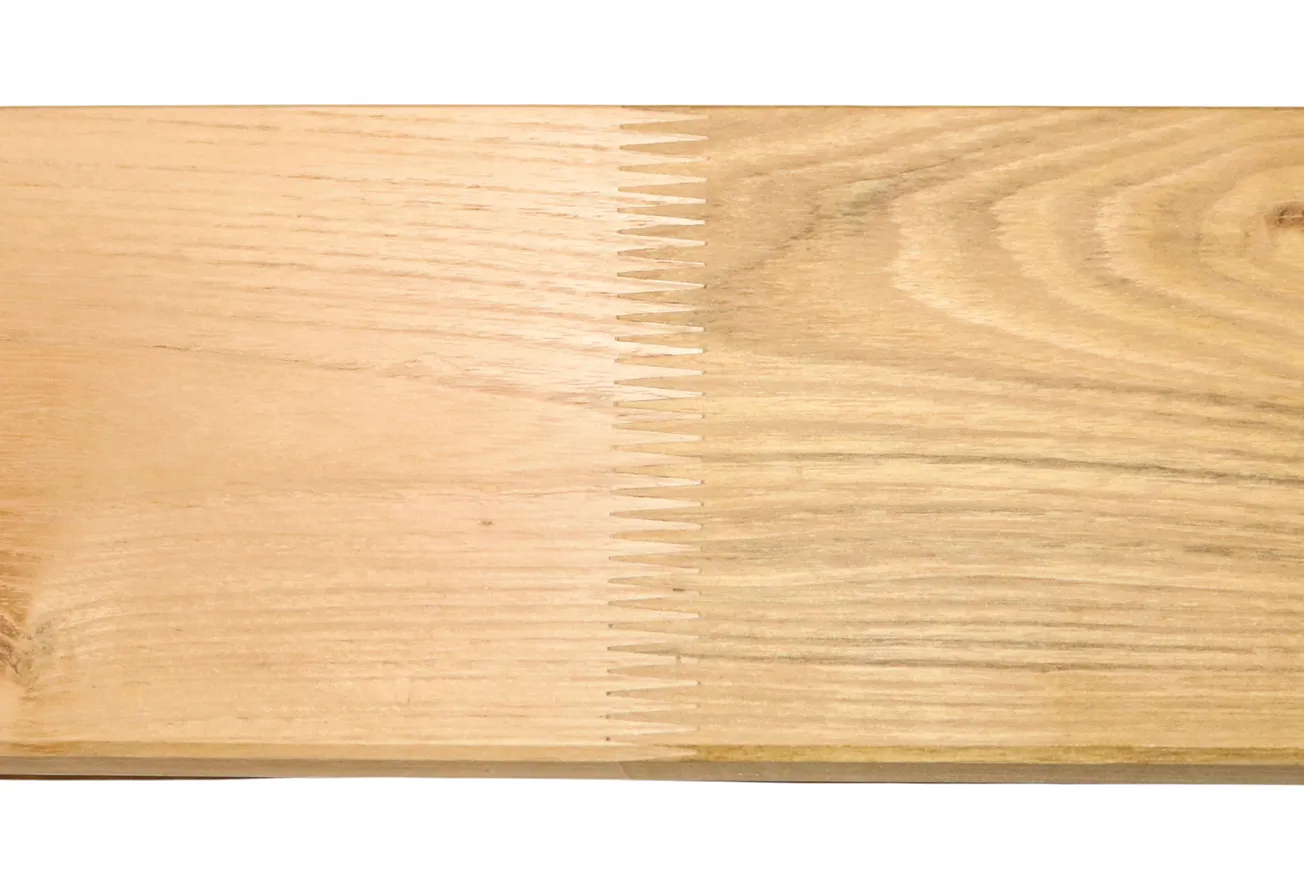Table of Contents
Since last year I have written several articles that were intended to help you think differently about your deck business. Starting with why you wanted to do it, the structure, and the four “P’s.” People, Product, Process, Profit. We discussed quoting methods, managing labor, and product selection. If you have implemented some of what I have suggested, and of course your secret sauce, hopefully you are on your way to a profitable deck business. Now I want to talk a little about what I call the sweet spot, and then how to sell your company once you get ready to do it.
So what is the sweet spot? It’s the point where the company is generating the most potential profit possible with the least amount of overhead. It’s a sales cap that you do not necessarily want to cross because that causes you to add staff and overhead. For a deck business, I feel that cap is $1.5 million in gross revenue. At this level, you can run the business yourself. You do not need an office manager, receptionist, CFO, production manager, service manager, fleet manager, etc. Just you and a couple people who are smarter than you on retainer; you always need a good lawyer, accountant, and bartender.
At $1.5 million you can sell every job yourself, so no sales commission. At the margins I have been trying to point you to, you can make well into the $200,000 range for yourself, without a whole bunch of stress. At this level, if you want an office, you can afford a small one, but really don’t need it. At this level, you have zero employees, because if you listen to me everyone is a subcontractor, so if there are a few “sales lean” months, you’re good! At this level, if you pay all your bills and incur no debt, your EBITDA numbers will look very nice, and that is usually what is used to sell your business, or you may sell on gross revenue with proof of income. Either way, the idea here is to keep it lean, and keep it clean.
Double-edged sword… you can’t sell your body! If you want to sell your business, and you are your business, you will have a very difficult time selling it. Businesses are normally purchased because they are a functioning machine that run themselves. They may need some tweaking to make them better or they may be a cash generating machine, but most buyers of companies are not buying themselves a job. They are buying a diverse income for their portfolio. So, the question is “Do you want to sell your business?” If you do, you may not structure it the way I stated above. You may have to get some staff and by all means, not make yourself the face of the company. If your name is Mike Smith, do not call your company Mike Smith Decks, because the first question out of your buyers’ prospects mouths will be “Where is Mike Smith?” If you do want to follow the structure above, it is still possible to sell the company, but you will have to find a buyer who is willing to buy a job.
Let’s do a scenario knowing what we know now. If I were to re-enter the deck contracting world right now as a start-up, which would be my third, here’s what I’m going to do. I’m going to open a sole member LLC and call it Deck something or other. I’m going to write a three-year business plan that includes selling the company at the end of three years. I’m going to set up my marketing so I am “not the owner.” My business card is going to say “Design and Construction Consultant.” I am going to sell $750,000 worth of decks in my first year, $1 million worth of decks in my second year, and $1.5 million worth of decks in my third.
My first year, I am a one-man show and I am going to tweak my purchasing and expenses every step of the way to get more margin out of my sales volume rather than trying to get my sales volume to support my overhead. In my second year I am going to hire a right-hand man and teach him or her everything about the business. Totally open book. I am going to give him or her an opportunity to buy me out in year three and they are going to know about it from day one. At two years and six months, I am going to look at my EBITDA and determine what my business is worth. I am going to give my right-hand man a contract to purchase with a first right of refusal allowing them to match an incoming offer for the business or take 5% of the sell price if they remain with the new owner for one year at the same rate of pay. What I have done is created a business to sell and I get to leave, not stay.
A couple of last words on selling a contracting business:
- If you are not making it, your buyer won’t, so don’t sell something that will die, especially if you still have an obligation to it. Consider a partnership if the business needs new blood.
- Find a buyer who can buy it. I have watched friends spin for a year trying to sell their business to someone who could not get the financing done.
- Consider owner financing. Do you want to carry the paper? Not a bad thing if done right.
I’ve got lots of ideas for future articles, but I’d like to hear from you! Please send me a topic or questions to discuss and perhaps I will be able to write back to you here. Don’t agree with me? Send me your thoughts. I’ve been wrong plenty of times.










